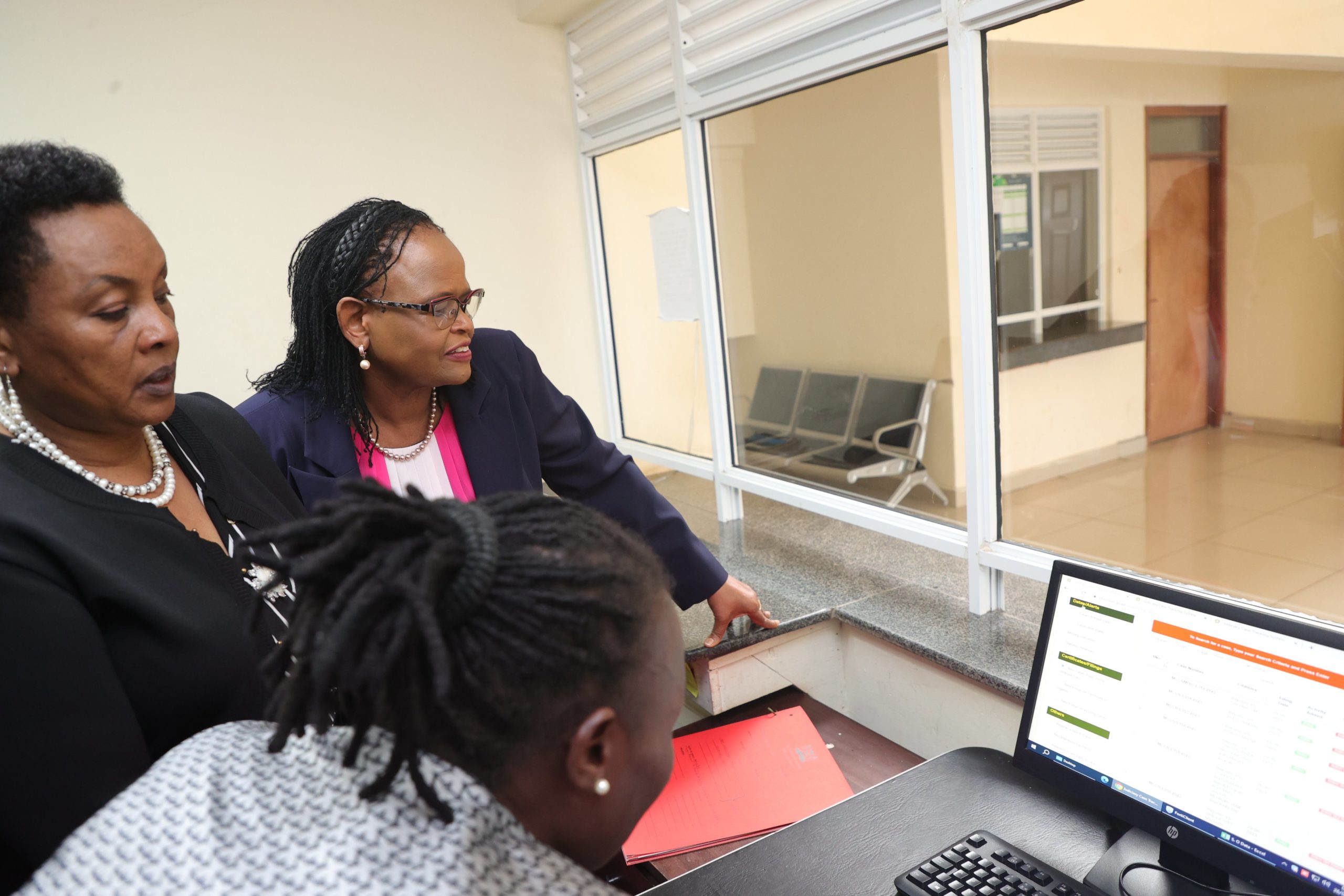Kenya’s chief justice Martha Koome has launched a digital sex offender registry, making it accessible to legal officers and the public. This move aims to address the lack of reliable data on sexual offences and enhance public safety.
Kenya’s chief justice Martha Koome has unveiled a digital sex offender registry months after it was hinted at by people close to its development. Kenya is now among the few African countries to publish the document online. However, it is not the only state that has implemented a sex offender registry because they exist in other countries such as South Africa and Mauritius. Others, such as Ghana and Nigeria (which has a portal showcasing the number of sex offences in the country), are at different levels implementing the registries and their associated laws.
It should be noted that the list is not new in Kenya, as it existed before. However, this is the first time it has been digitised for access by legal officers and the public.
Globally there are tens of countries with laws that mandate sex offender registration, most of which are from the West. In 1994, the US became the first country to launch a registration system for sex offenders. However, the coverage, accessibility, and specific laws governing these registries can vary significantly.
Why the digital registry is important
Digital sex offender registries are an important public safety tool that can help to protect children and other vulnerable people from sexual abuse. These registries can increase public awareness of sex offenders in the community, help law enforcement to track and monitor sex offenders, and provide information to victims of sex crimes. Digital sex offender registries may raise privacy concerns, or present inaccurate, outdated or incomplete information. Balancing public safety and privacy is crucial but challenging in cases where sexual offences are concerned. Nonetheless, they are a valuable tool that can help to keep our communities safe.
Who has access to Kenya’s sex offender register?
The digital registry, which is yet to go live for the public, allows judicial officers unrestricted access, but ordinary citizens can also request access by completing a request form via the e-filing system and submitting it to the chief registrar of the judiciary.
What the chief justice said
Chief justice Koome highlighted the registry’s role as a tool for preventing and rehabilitating sexual offenders. The registry will also facilitate post-prison monitoring and supervision of convicted individuals. For the public, this translates to accessing information to protect their kids from known sex offenders.
“We have taken this step in response to the reality that one of the key challenges in addressing sexual, gender-based violence and child abuse is the lack of reliable and accessible data on the prevalence, patterns and trends of these crimes and those who commit them. This hampers effective planning, monitoring and evaluation of interventions and policies. It also poses a risk of repeat offending and victimisation,” said the chief justice.





















